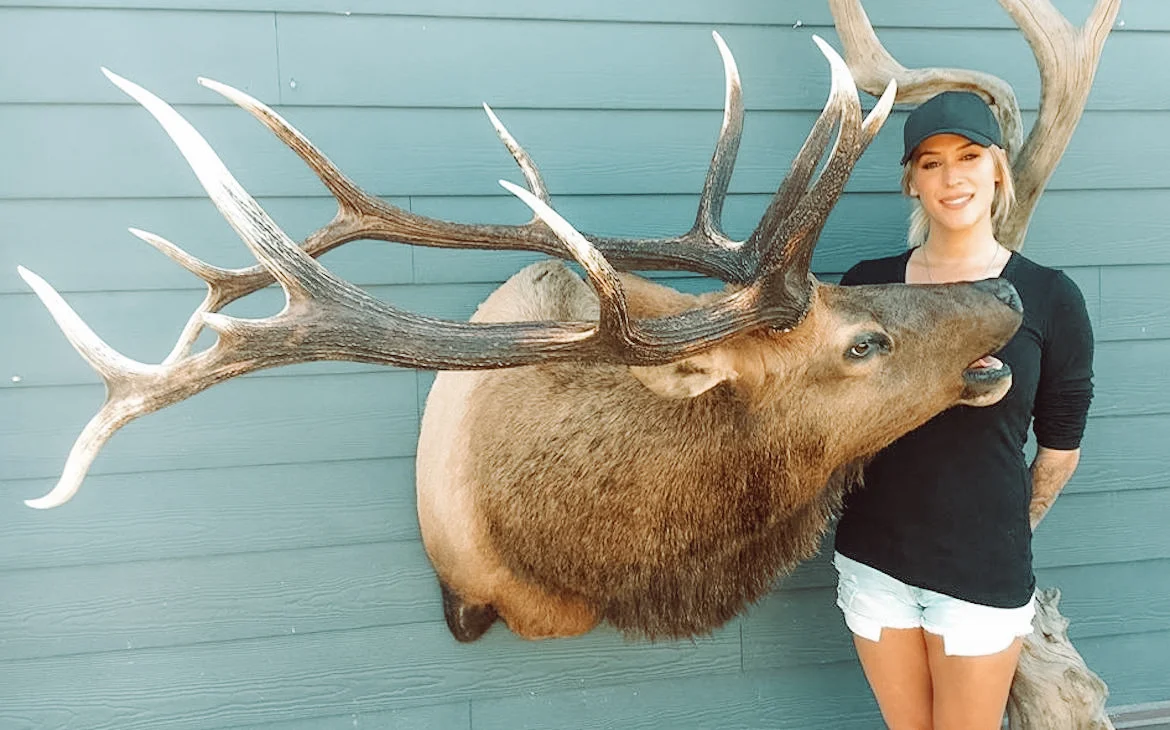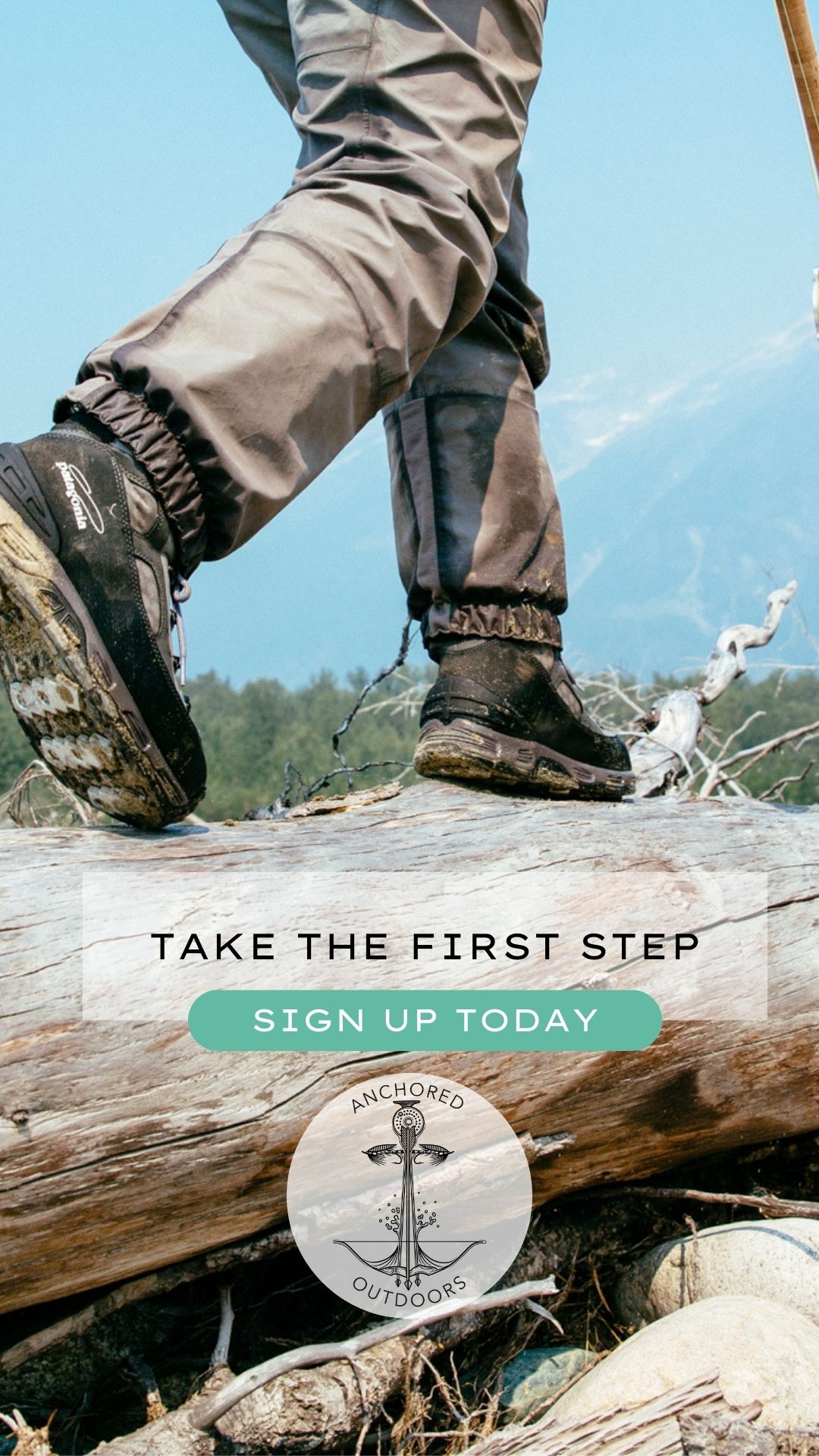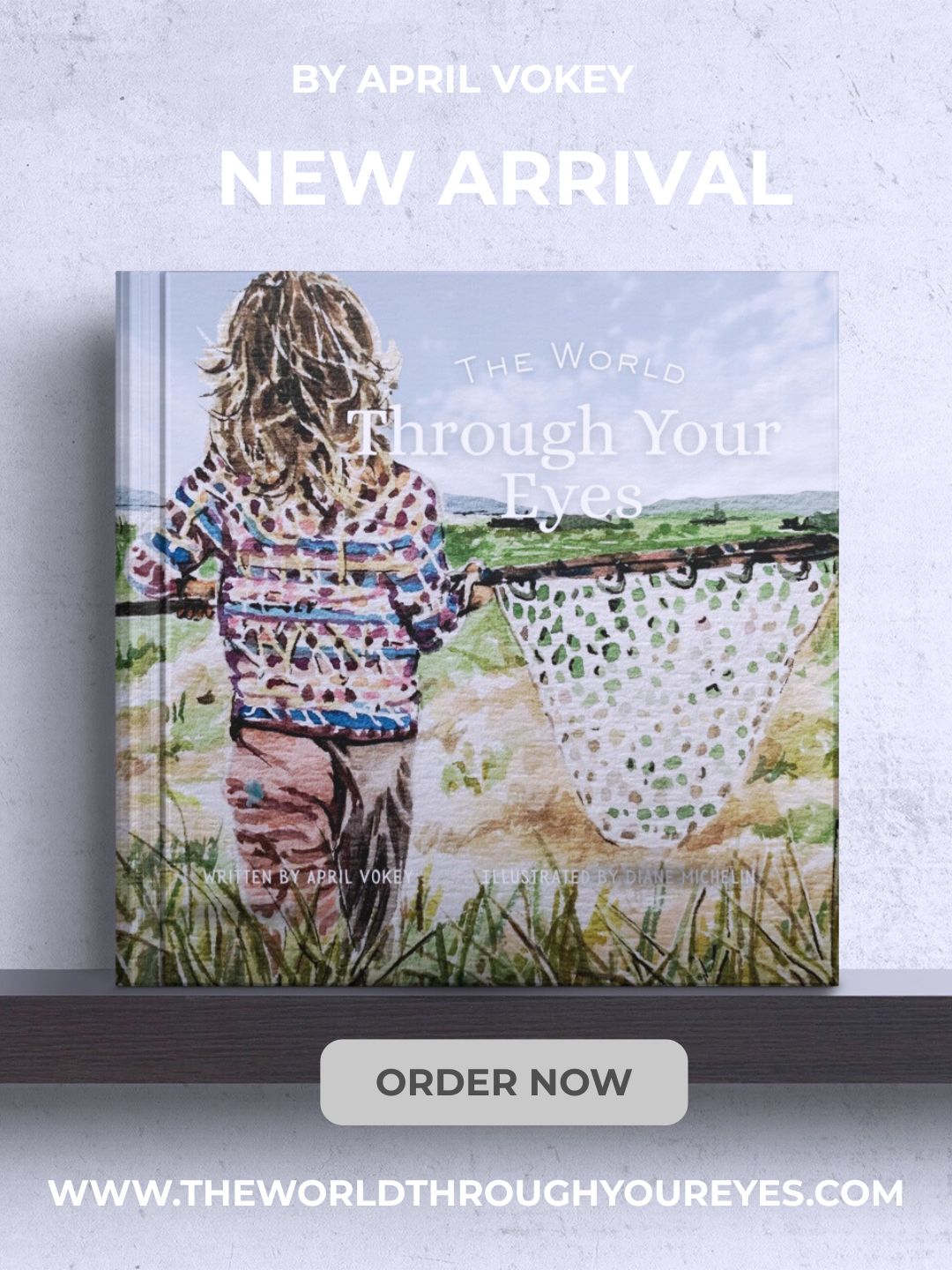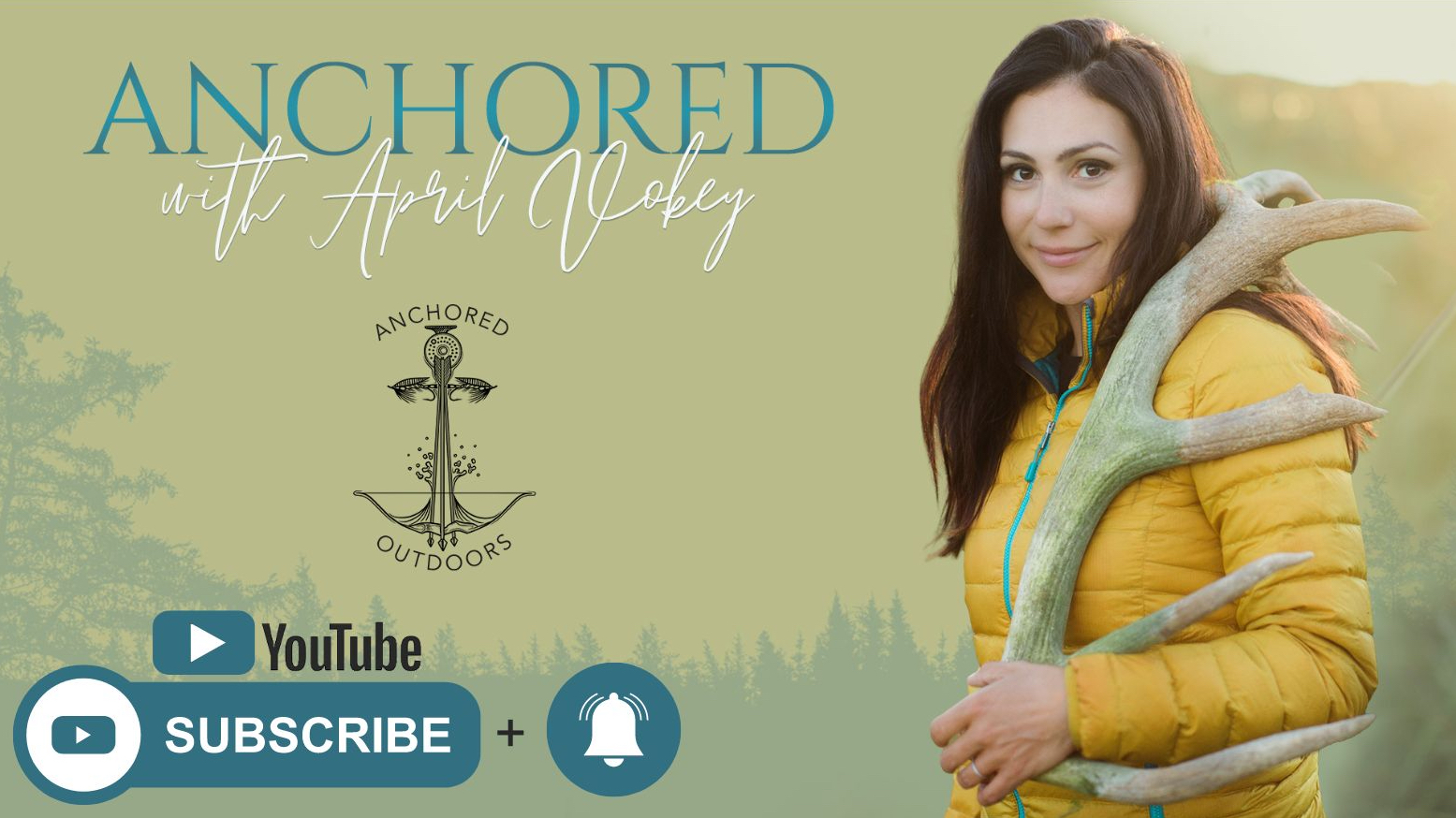Jenna McRae is somewhat new to taxidermy, but she is full of passion, knowledge and talent. Although she has only been practicing for a year and a half, she has a natural ability for the craft and her artistic talent shows in her work. In this episode of Anchored April finds the answers to all of her questions, including how to choose a taxidermist, if there any animals Jenna won’t work with, and how to field dress a deer if you want to mount it.
Outline of This Episode
- [7:45] How did she get into taxidermy?
- [14:44] Working at home is her dream
- [16:16] How do I field dress a deer if I want it mounted?
- [22:55] Why would a taxidermist want a hide from an animal they aren’t working with?
- [28:18] Does she have any boundaries as to what she will mount?
- [32:30] What is the hardest part of doing a bird?
- [33:34] What should people look for when choosing a taxidermist?
- [38:35] Does taxidermy cause people to hunt more mature, impressive animals?
- [40:03] How to get an animal to her from another country?
- [41:40] What is the coolest thing about working on these animals?
- [45:14} What is a Euro mount?
What was Jenna’s childhood like?
Jenna McRae was born in Abbotsford, BC and learned to hunt and fish at a young age. As a child, she grew up around animals and helped her parents raise and cull chickens, turkeys, and pigs. Jenna was fascinated by the inner workings of the animals she culled and she felt that she could see the real beauty of animals inside and out. Her dad helped her learn about the different parts of animals’ anatomy. She was a tactile learner and loved working with her hands.
How does one get started in taxidermy?
Surprisingly, taxidermy is a tough field to get into. Jenna asked several taxidermists to take her on as an apprentice but no one was willing to. Finally one day she was introduced to her mentor, John, who agreed to teach her what he knew. There is a lot to learn and she jumped right into the action. Her first project was making a raccoon rug. She has come a long way in a short time. Listen in to this interview to hear what she has learned on this episode of Anchored.
What should people look for when choosing a taxidermist?
Clearly not all taxidermists have the same skills. You don’t have to be a professional to spot a bad piece of taxidermy. If you’ve ever seen a bad piece of work you know it. So how can you ensure that your prized trophy will be in good hands? Jenna recommends choosing a small business over a big company since larger firms often contract their work out to people who may not be very talented. She also suggests looking at their work. Look for the stitching and notice how the eyes and mouth of the animal look. Compare the animal to pictures of live ones. In taxidermy, one has to be a perfectionist. Attention to detail is so important.
What kind of animals has she worked with?
Jenna doesn’t shy away from challenging work. She has worked with polar bears, cougars, birds, fish, and even a tarantula! Jenna mentions that working with pets can be challenging. She notes that pets can cost up to 3x more to taxidermy since not many taxidermists relish this emotional type of work. Discover the answers to all the questions you ever wanted to ask a taxidermist by listening to this interview with Jenna McRae.
Connect with Jenna McRae
- McRae Taxidermy
- Check out Jenna’s work on Instagram @FishHuntCookJennaLeeMu
Check out our sponsor
- Brownells
- Binoculars featured in this episode
- Folding at Home
Connect With Anchored
- AnchoredOutdoors.com
- On Instagram: @Anchored_Outdoors
- On Facebook: @AnchoredOutdoorsOfficial
- On YouTube: Anchored with April Vokey




